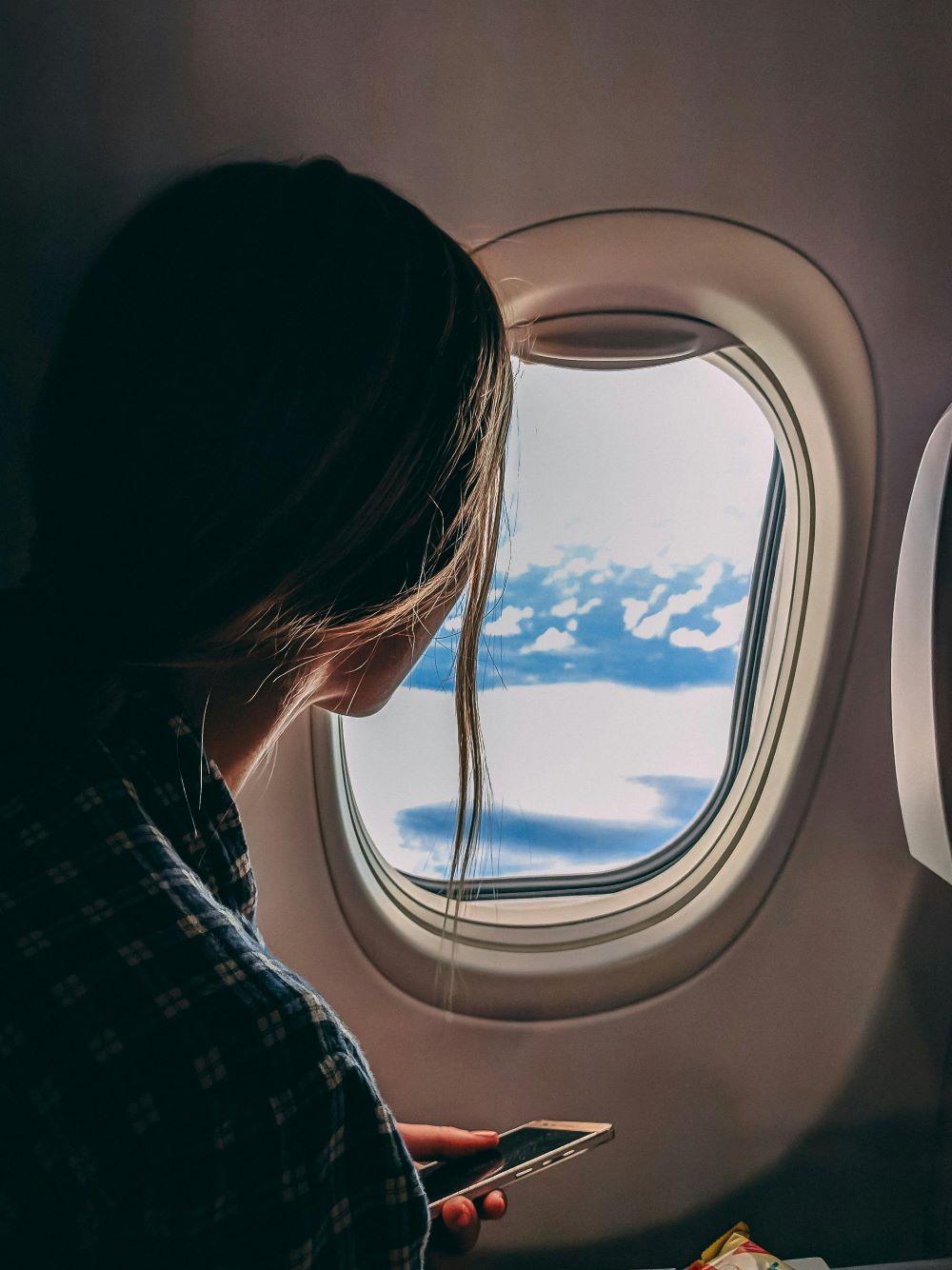Congress Passes Aviation Safety Bill to Boost Consumer Rights –
New government legislation takes a firm stance on consumer protections.
In a momentous move that has the aviation industry abuzz, the U.S. House of Representatives has passed a sweeping bill that promises to transform the skies above America. With an overwhelming vote of 387-26, this $105 billion, five-year measure aims to tackle the pressing challenges facing the Federal Aviation Administration (FAA) and reshape the air travel experience for both airlines and passengers.
The centerpiece of this ambitious legislation is a focus on bolstering air traffic controller staffing, a critical element in ensuring the smooth and efficient flow of air traffic. Recognizing the dire need to address the current shortage of over 3,000 air traffic controllers, the bill directs the FAA to implement improved staffing standards and embark on a targeted hiring initiative to recruit and train the next generation of aviation professionals.
But the House’s vision extends far beyond mere personnel adjustments. Determined to avert the alarming rise in runway close-call incidents, the bill earmarks substantial funding to deploy advanced airport surface technology, equipping our nation’s airfields with the cutting-edge tools necessary to prevent catastrophic collisions.
Notably, the legislation also takes a firm stance on consumer protection, prohibiting airlines from charging exorbitant fees for families to sit together. Furthermore, it mandates that airlines honor vouchers and credits issued in lieu of refunds for at least five years, providing passengers with much-needed assurance and flexibility.
In a move that will delight frequent flyers, the bill also grants an additional five daily round-trip slots at the bustling Washington National Airport, a long-sought concession that will ease congestion and offer more options for travelers.
Safety remains a paramount concern, and the House has responded with decisive action. The bill requires all airplanes to be equipped with advanced 25-hour cockpit recording devices, a significant upgrade from the current two-hour standard. This move will provide invaluable data for accident investigations, enabling a deeper understanding of in-flight incidents and paving the way for enhanced safety protocols.
The legislation’s impact extends beyond the skies, as it also addresses the burgeoning world of drones and flying air taxis. By seeking to boost the integration of these innovative technologies into the national airspace, the House is positioning the United States at the forefront of the aviation revolution, empowering entrepreneurs and visionaries to push the boundaries of what’s possible.
Notably, the bill grants a reprieve to Boeing, allowing the aerospace giant to continue producing its trusted 767 freighter for an additional five years, despite the looming efficiency regulations set to take effect in 2028. This strategic move underscores the House’s commitment to maintaining a strong and vibrant domestic aviation industry, ensuring its competitiveness on the global stage.
While the House’s efforts have been lauded, the bill is not without its compromises. Lawmakers have declined to raise the mandatory pilot retirement age to 67, opting instead to retain the existing training requirements. Similarly, the decision to leave seat size regulations in the hands of the FAA may draw criticism from some consumer advocacy groups.
The landmark aviation bill also renews the mandate for the National Transportation Safety Board (NTSB), the critical agency responsible for investigating transportation accidents. Recognizing the importance of this safety watchdog, the legislation provides a staffing boost to strengthen the NTSB’s investigative capabilities.
Looking to the future, the bill takes proactive steps to facilitate the integration of emerging aerial technologies like drones and flying cars into the national airspace. To address the growing prevalence of drone use, the legislation extends the government’s existing counter-drone authority through October 1st, ensuring continued oversight and security measures are in place.
Sources:
US Congress passes broad aviation bill on safety and consumer rights
Biden signs landmark aviation law to enhance safety, boost staffing and protect consumers
US AIRLINE INDUSTRY REGULATORY UPDATES: AVOIDING THUNDERHEADS IN NEW FAA REAUTHORIZATION

